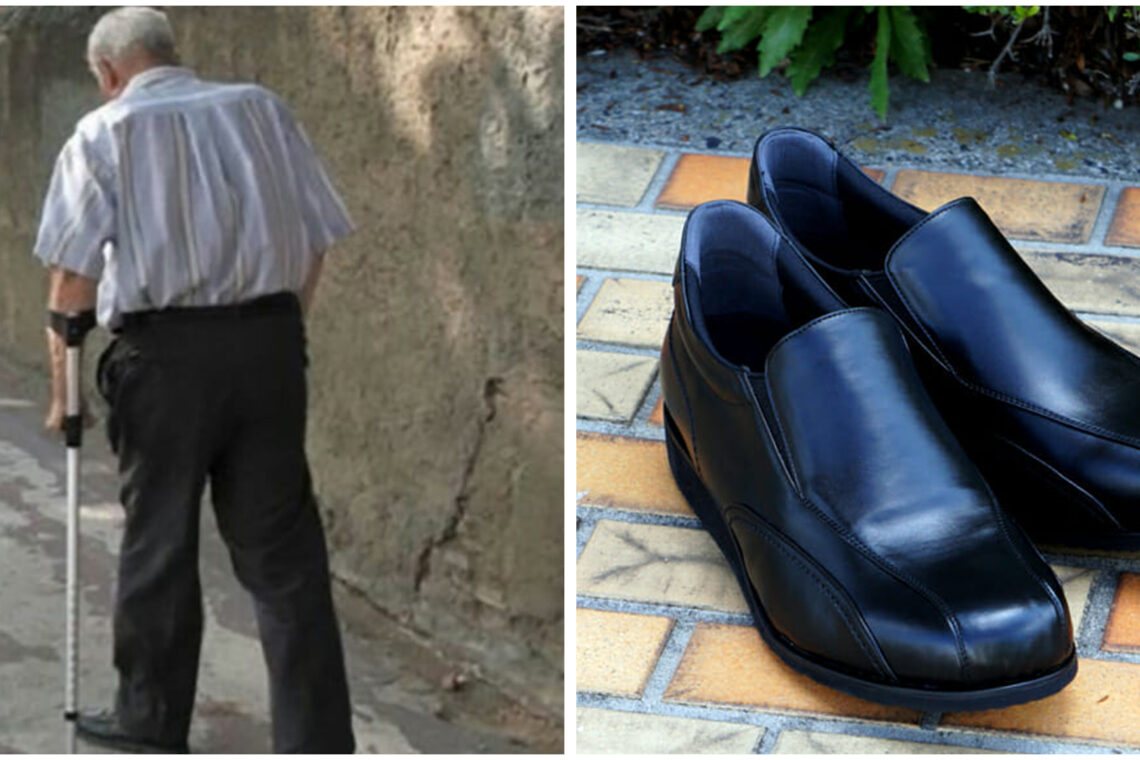
Caring for a loved one diagnosed with Alzheimer’s disease brings with it an array of concerns, particularly as the condition progresses and the individual may pose risks to their safety. Alzheimer’s affects millions globally, and the emotional toll on caregivers can be significant. According to statistics from the Family Caregiver Alliance, around 15.7 million adults in the United States are involved in caregiving for someone living with Alzheimer’s or other forms of dementia. This responsibility often evolves into a full-time commitment, leading to an overwhelming sense of anxiety and worry for caregivers.
One of the most challenging aspects of Alzheimer’s is the disorientation that many patients experience. As cognitive function deteriorates, individuals may struggle to navigate familiar environments, leading to feelings of confusion and anxiety. This disorientation can result in wandering, which poses a serious danger as the person may inadvertently find themselves in unsafe situations, even within the confines of their own home.
In response to this pressing issue, a company in Japan has developed an innovative solution: a GPS tracking device that can be integrated into the shoes of individuals with Alzheimer’s. This advancement aims to provide peace of mind to caregivers and family members by ensuring they can monitor their loved ones’ locations effectively.
As Alzheimer’s disease progresses, patients may lose their ability to orient themselves. This loss can lead to anxiety as they struggle to recognize their surroundings. Wandering is a common behavior associated with this condition, and it can occur without warning, further heightening the concerns of caregivers. To mitigate these risks, there are several strategies caregivers can employ. Simple measures such as placing reassuring signs around the home, installing alarms on doors, and keeping the individual engaged during known wandering times can be beneficial.
The introduction of a GPS device embedded in footwear represents a significant advancement in caregiver support. Unlike traditional tracking devices found in smartphones or smartwatches— which are easy to misplace or leave behind— these GPS-enabled shoes ensure that the tracking device is always with the individual. This innovation could serve as a lifeline, providing caregivers with the ability to locate their loved ones quickly and accurately.
The way the GPS shoes work is relatively straightforward. If the individual wearing the shoes wanders beyond a pre-defined distance from their home, a notification is immediately sent to a designated smartphone belonging to a family member or caregiver. This alert not only informs them of the person’s location but also allows them to view it on a map, significantly reducing the anxiety associated with searching for a loved one.
Currently, these specialized GPS shoes are available exclusively in Japan, where they retail for approximately $300 per pair. As the global population ages and the prevalence of dementia increases, the hope is that such devices will soon become available in other countries, offering support to the more than 47 million individuals worldwide who are living with dementia. This technological innovation holds the potential to transform the caregiving landscape, providing much-needed reassurance to families facing the daily challenges of Alzheimer’s disease.
The emotional burden placed on caregivers cannot be overstated. The relentless worry that accompanies caring for someone who may wander off or become disoriented creates a constant state of stress. Innovations like the GPS shoes represent a step forward in alleviating some of this burden. By enabling caregivers to track their loved ones in real time, these devices foster a sense of security, allowing families to focus more on quality interactions rather than the anxiety of potential incidents.
As caregivers navigate the complex emotional terrain of watching a loved one succumb to Alzheimer’s, supportive tools can make a world of difference. These devices not only enhance safety but also allow individuals with Alzheimer’s to maintain a degree of independence, knowing that their families can quickly locate them if needed.
Moreover, the introduction of GPS tracking in everyday items like shoes reflects a growing recognition of the needs of those affected by Alzheimer’s and dementia. The more that society acknowledges these challenges, the more innovative solutions will emerge, ultimately improving the quality of life for both patients and caregivers.
In summary, the development of GPS-equipped shoes represents a groundbreaking advancement in the ongoing effort to support families dealing with Alzheimer’s disease. As we look towards the future, it is vital to continue exploring and investing in technologies that can enhance safety, foster independence, and ultimately bring comfort to those affected by this debilitating condition. The hope is that as awareness grows, so too will the availability of such innovations, creating a world where families can feel more secure in their caregiving roles. The journey with Alzheimer’s may be fraught with challenges, but advancements like these offer a glimmer of hope and reassurance to families navigating this difficult path.